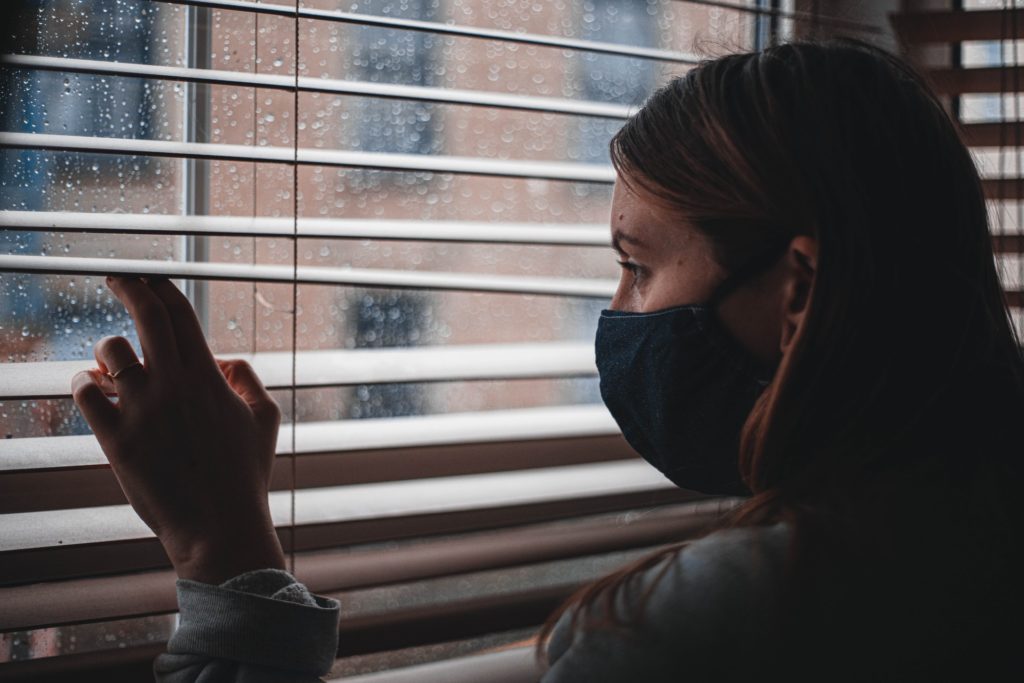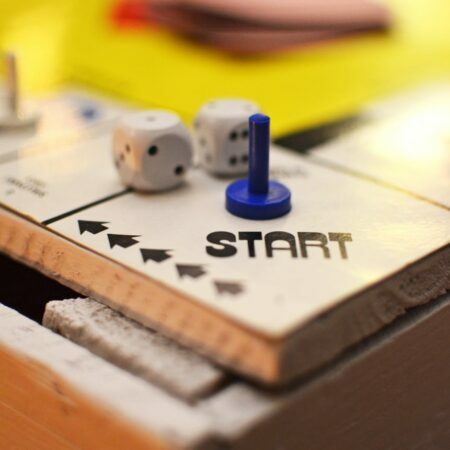Anxiety is one of the most common mental health conditions around the world, but it can still be a challenge to diagnose and treat properly. While anxiety is a mental health condition, it can also present with several serious physical symptoms, which makes it even more important that it be diagnosed and treated as effectively as possible. Treatment can mean a variety of things, from medication or cognitive behavior therapy (CBT) to a change in routine, depending on the individual and the severity of their anxiety disorder. If you or someone you care about is struggling with anxiety disorders, or you just want to learn more, read on to learn more about anxiety and what some of the most effective treatment options are for anyone experiencing symptoms of anxiety.
How do you know if you have an anxiety disorder?

While it may seem like a silly question, for many people it’s difficult to know if what they’re experiencing is outside of what is considered neurotypical. Many of the physical symptoms of anxiety can be attributed to other conditions, so anxiety disorders are often ignored or misdiagnosed. Physical anxiety symptoms can include stomach aches, nausea, insomnia, increased heart rate, sweating, shortness of breath, and muscle tension. These issues can be troublesome on their own, in addition to putting you at risk for more serious health complications, which is why it’s essential to seek treatment if you suspect that you may have some type of anxiety disorder.
There are many different types of anxiety disorders that present in many ways. OCD (obsessive-compulsive disorder), panic disorder, post-traumatic stress disorder, and social anxiety disorder are just a few examples of some of the more common mental health conditions connected to different types of anxiety. Understanding what type of anxiety you’re suffering from and how to treat it is one of the best arguments for making an appointment with a psychologist or psychiatrist as soon as possible, depending on your preferences for treatment.
What are the best ways to manage anxiety?

Therapeutic treatment, like cognitive behavior therapy for anxiety, is one of the best weapons we have when it comes to helping people take better care of their mental health. Cognitive behavior therapy (CBT) focuses on breaking down cognitive distortions, bad behaviors, and unhealthy habits, and improving your ability to manage your emotions and cope with stressful situations. Progressive relaxation is one technique that involves tensing and then relaxing a part of the body, typically beginning with the toes. When this part is relaxed, another is tensed, and so on. Remember, there’s a difference between a psychologist and a psychiatrist, and that you will need to see a psychiatrist if you want medication to be a part of your treatment plan.
While therapy is an important part of addressing many mental health issues, there are also a lot of lifestyle choices you can make to reduce the anxiety you experience. Don’t neglect acts of self-care, like taking a day off and looking for the best spa products to use at home or going out to your favorite restaurant. Exercise can also be beneficial for many people and is proven to release endorphins that improve mood. Everyone is unique and finding the right treatment can take some trial and error.
More people than ever are struggling with varying degrees of stress and anxiety due to the ongoing global pandemic caused by COVID-19, so if you’re finding yourself struggling with anxiety for the first time, you’re not alone. If you consistently find it hard to relax or experience physical symptoms that you can’t explain that can be attributed to anxiety, it might be a good idea to talk to your doctor or make an appointment for an assessment with a psychologist. If you’re concerned you may be suffering from an anxiety disorder, talking to a professional can offer you solutions to help you improve your mental health, which can include anything from medication and different types of behavioral therapy to diet and lifestyle changes. There’s no one size fits all solution when it comes to treating and managing anxiety, so don’t give up until you find the treatment regimen that works for you.









